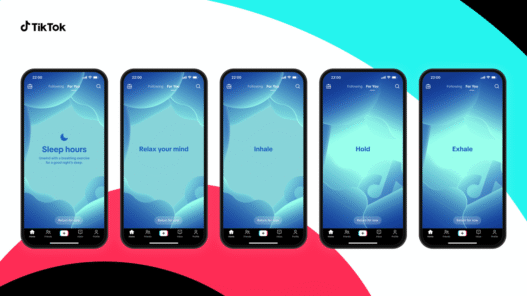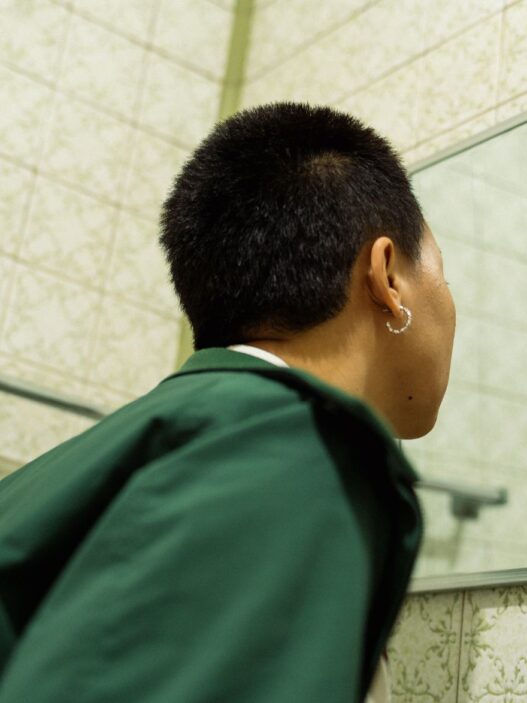TikTok, one of the world’s most downloaded apps and a cultural powerhouse among Gen Z users, is expanding its Mental Health Awareness programming and boosting its Mental Health Media Education Fund in response to growing concerns about the platform’s impact on youth wellbeing.
Announced ahead of Mental Health Awareness Month, the company says its expanded initiative aims to support nonprofits, elevate mental health storytelling, and promote safer online experiences.
The Mental Health Media Education Fund, launched last year in partnership with the Rare Impact Fund, will now provide additional grants to creators and organizations building content focused on youth mental health, digital literacy, and stigma reduction.
“We want to help people feel seen, supported, and empowered to prioritize their mental wellbeing,” TikTok said in its announcement.
“We know our community turns to TikTok to share their experiences, find support, and connect through shared stories.”
The platform will also roll out new in-app prompts and partnerships with mental health organizations, including the National Alliance on Mental Illness (NAMI), Crisis Text Line, and the American Foundation for Suicide Prevention (AFSP).
These features include reminder banners for sensitive content, crisis resource cards, and curated wellness playlists.
Balancing Intentions with Impact
While TikTok’s announcement signals progress, it arrives at a time of intense scrutiny.
Lawmakers, health experts, and advocacy groups continue to raise red flags about the platform’s influence on young users, particularly around body image, anxiety, and algorithmic exposure to harmful content.
A recent report by the Center for Countering Digital Hate found that TikTok’s algorithm can expose users to eating disorder content within minutes of sign-up.
Critics argue that initiatives like wellness funds and education campaigns, while important, do little to curb the platform’s core problems: opaque algorithms, data privacy concerns, and the addictive design of its short-form video model.
Still, mental health professionals say funding positive content and promoting credible resources are steps in the right direction.
“It matters what young people see, and if platforms are taking responsibility for surfacing helpful content, that’s meaningful,” said Dr. Layla Bloom, a clinical psychologist specializing in adolescent health.
“But we need to hold tech companies accountable not just for what they promote but also for what they permit.”
What Comes Next?
TikTok’s expanded initiative signals that the platform is listening but whether it’s willing to change deeper systemic issues remains to be seen.
With governments around the world debating regulatory frameworks for youth online safety, platforms like TikTok face increasing pressure to prove that wellness isn’t just a marketing message, it’s part of the design.
For now, the Mental Health Media Education Fund represents a step toward broader digital wellbeing, and creators, educators, and nonprofits will be watching closely to see how far TikTok is willing to go beyond awareness into action.























